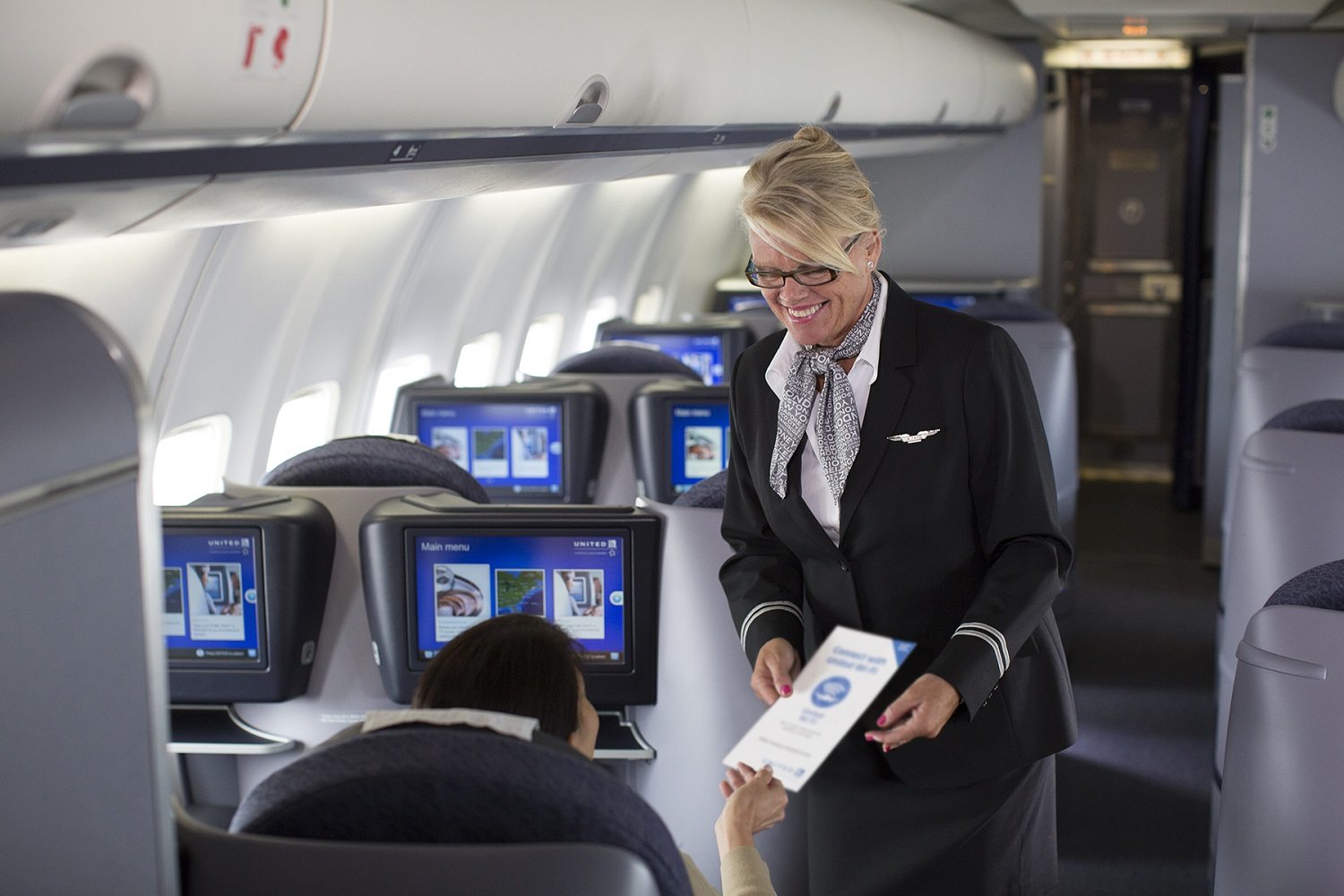United Airlines President: Leaving New York's JFK 'Was the Wrong Decision'

Skift Take
Is there a more honest airline executive than United's Scott Kirby? Probably not. But that's a good thing. United's 2015 decision to leave New York JFK was a head-scratcher, and it's nice to see new management calling it a mistake.
In October 2015, United Airlines pulled out of New York JFK, moving all its flights from San Francisco and Los Angeles to Newark, where it has a hub. United's public relations staff spent considerable effort spinning the move as a positive, promising "significant benefits" and an overall "overall higher-quality experience" for flyers.
But a year and a half later, United's new president, Scott Kirby, says moving the flights from JFK was a mistake. Many of United's most lucrative West Coast customers, he said, want to fly into New York City and not New Jersey. And United lost some of them when it switched the flights to Newark, Kirby told employees at a recent town hall meeting in Newark.
"I wish I could roll back the clock and change the decision," Kirby said, according a
